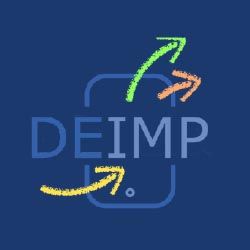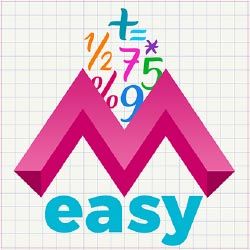Boosting the skills of youth to deal with stress at work

A recent European survey of enterprises on new and emerging risks shows that work-related stress is a main concern for administrative business executives and organizations. The EU legislation expresses the need of systematic training and support for young employees so they can perform their duties. BooStress will develop a vocational training package to equip young workers with stress management skills, in the context of health and safety framework, and build their capacity to address relevant challenges at work. The project will upgrade and multiply the opportunities for up-skilling and re-skilling young workers in managing work-related stress, via innovative VET tools and pedagogies, accompanied by skills acquisition assessment, recognition and validation methods; and empower the youth to co-opt with the contemporary market needs in EU.



















